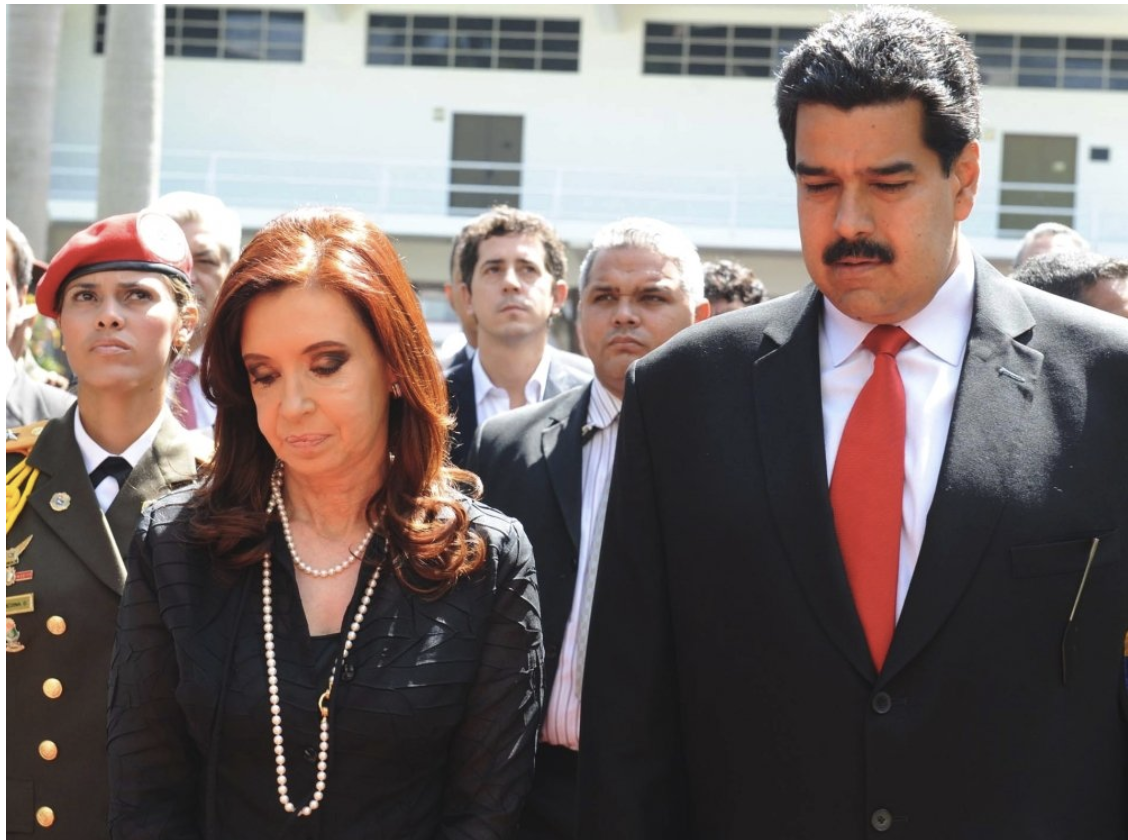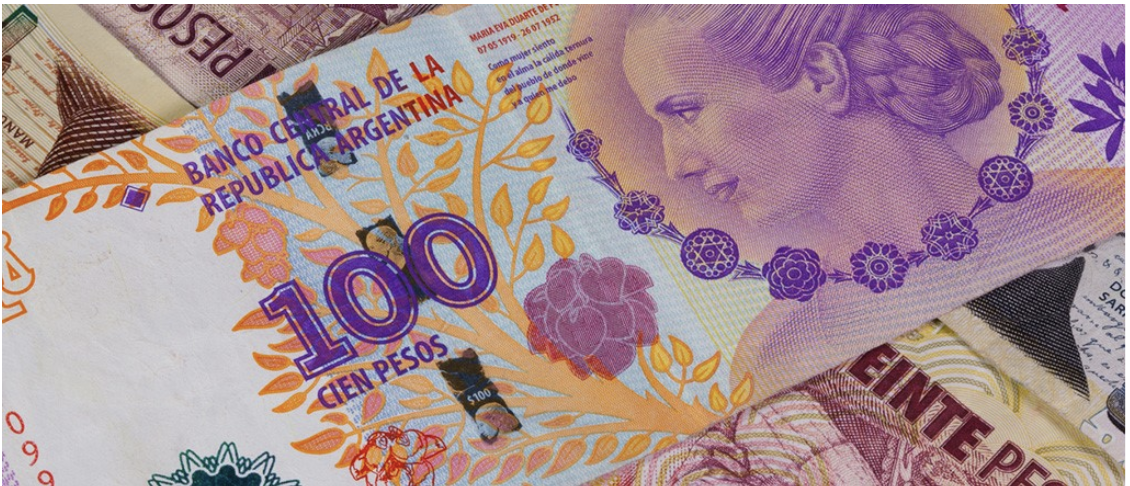Argentina in the Modern Age: A Paradoxical Country
Former Argentine President Cristina Fernandez with Venezuelan President Nicolas Maduro. Photo: Casa Rosada
Argentina is perhaps the greatest paradox in Latin America. The “land of silver” boasts one of Latin America’s largest economies and serves as a prominent trade partner for the European Union, the United States, and China. It also shows political promise due to its status as one of the “most stable democracies” in the region. Unfortunately, these titles have failed to quell the country’s deep-rooted issues, which continue to plague the nation’s economic and political systems, evolving into dysfunction and corruption.
Argentina has been a democracy since 1983, with its federal power distributed through the executive, legislative, and judicial branches. Its democratic republic appears to be like many others, but weak checks and balances and a unique political party history have paved a different road for it. The historically dominant ideology in Argentina is Peronism, a populist movement created by President Juan Peron in the wake of World War II. Despite occasionally aligning itself with right-wing fascism, Peronism has typically garnered its support from labor unions and the lower and working classes, largely because it is heavily invested in expanding health and welfare benefits and has nationalized large corporations, including the central banks.
The current parties that have emerged from the dominant Peronism theory are the Justicialist Party and the Radical Civic Union. The former, an evolution of the Peronist Party, has been Argentina’s largest party for nearly four decades until recently losing the congressional majority in 2021. This party continues drawing its voters from the working and lower classes. On the other hand, the Radical Civic Union is a centrist progressive party which consists of 50% of the “Juntos por el Cambio” (Together for Change) alliance, and now holds the congressional majority.
A 100-peso note issued by the Central Bank of Argentina Photo: UPenn Wharton
Despite several different parties rising to power in the last two decades, none have managed to find a solution to Argentina’s endemic problems. High corruption rates (Argentina is ranked 78th least corrupt out of 180 countries) have continued year after year, with a recent “VIP Vaccination” scandal taking the headlines in 2019. Health Minister Gines Gonzalez Garcia was scrutinized by both the president and the people of Argentina for allowing his close friends and associates to skip the line for covid vaccinations, in a time when they were to be given only to people aged over 70. This incited several large marches protesting the corrupt acts, eventually forcing Garcia to step down as Health Minister. In addition, Argentina holds one of the highest inflation rates in the world, with 40% of Argentinians living below the poverty line.
Explanations for these constant political and economic issues vary. Some economists argue that Argentina has become over-reliant on commodity exports and unsustainable spending patterns, in turn creating “boom and bust” cycles. Regardless of which party is in office, successive administrations have consistently failed to reform the country’s economy, allowing the nation to default on sovereign debt nine times.
Another explanation is that political polarization and “hyper-presidentialism” have allowed incoming parties too much power to simply overturn the policies of their predecessors, resulting in a constant state of restart. The most notable example of this can be seen in Argentina’s foreign policies with regard to Venezuela. Where former President Macri was critical of President Maduro, new President Fernandez has undone most of Macri’s policies, and even suggested the contrasting view that Venezuela’s human rights problems are “disappearing”.
Regardless of the explanations, what remains is clear that while Argentina stands as one of Latin America’s leading democratic countries, it has a long way to go in terms of reforming its political and economic systems.


